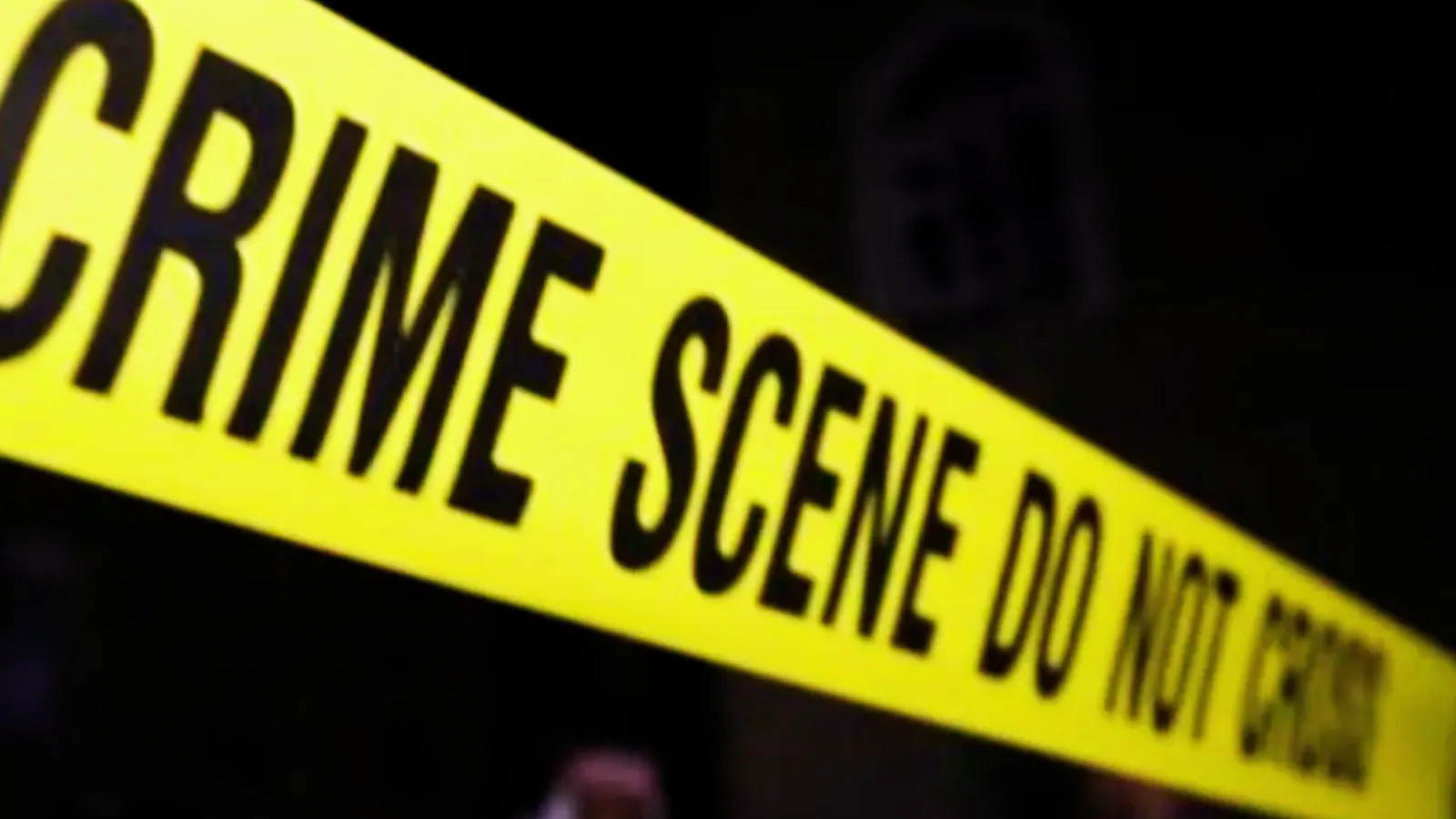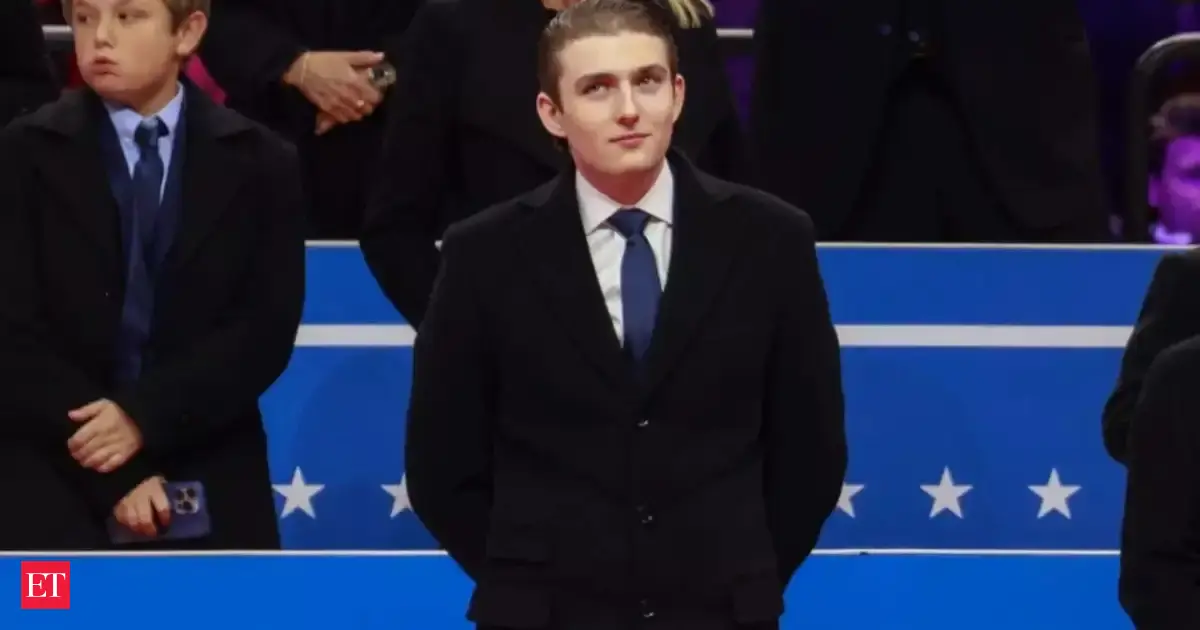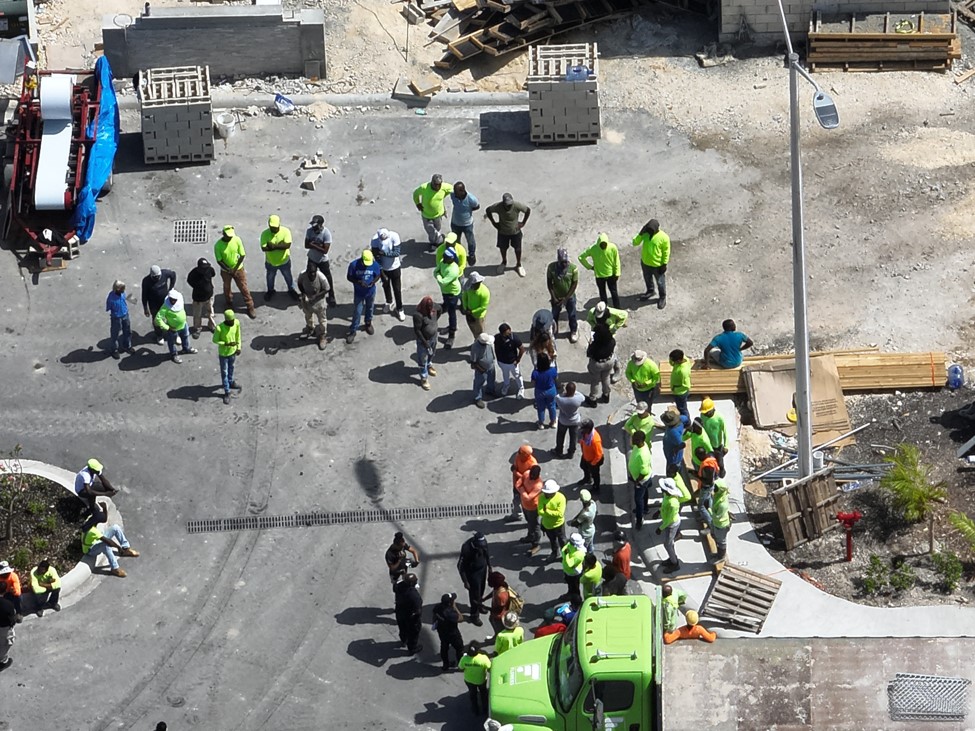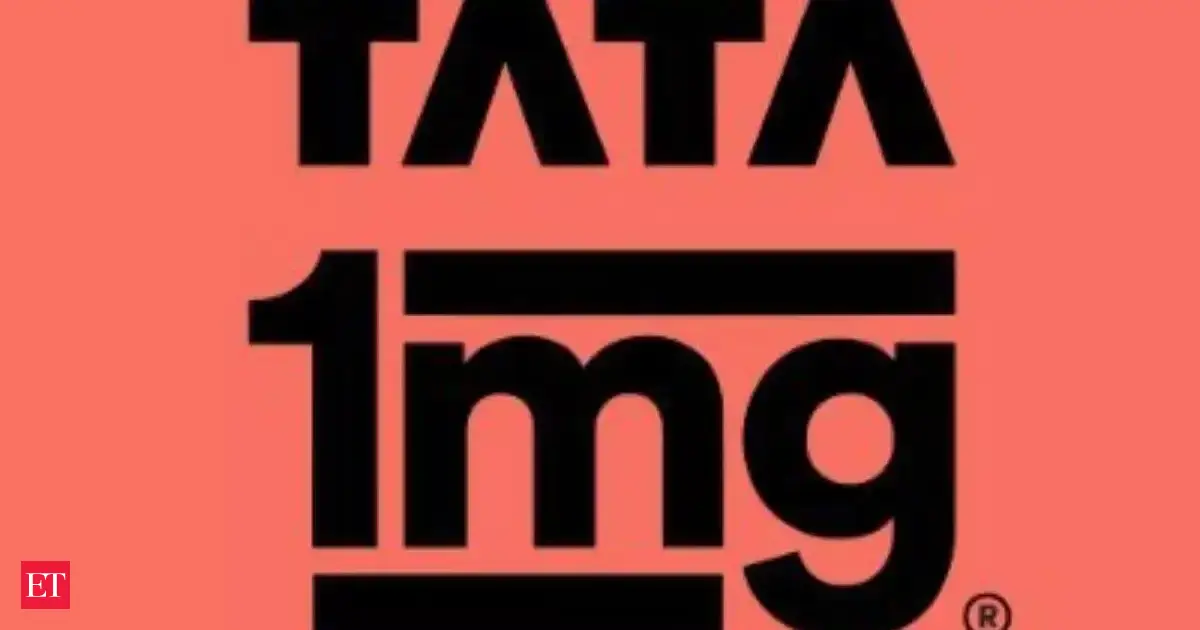By Buddy Chung,David Medzerian
Copyright usc
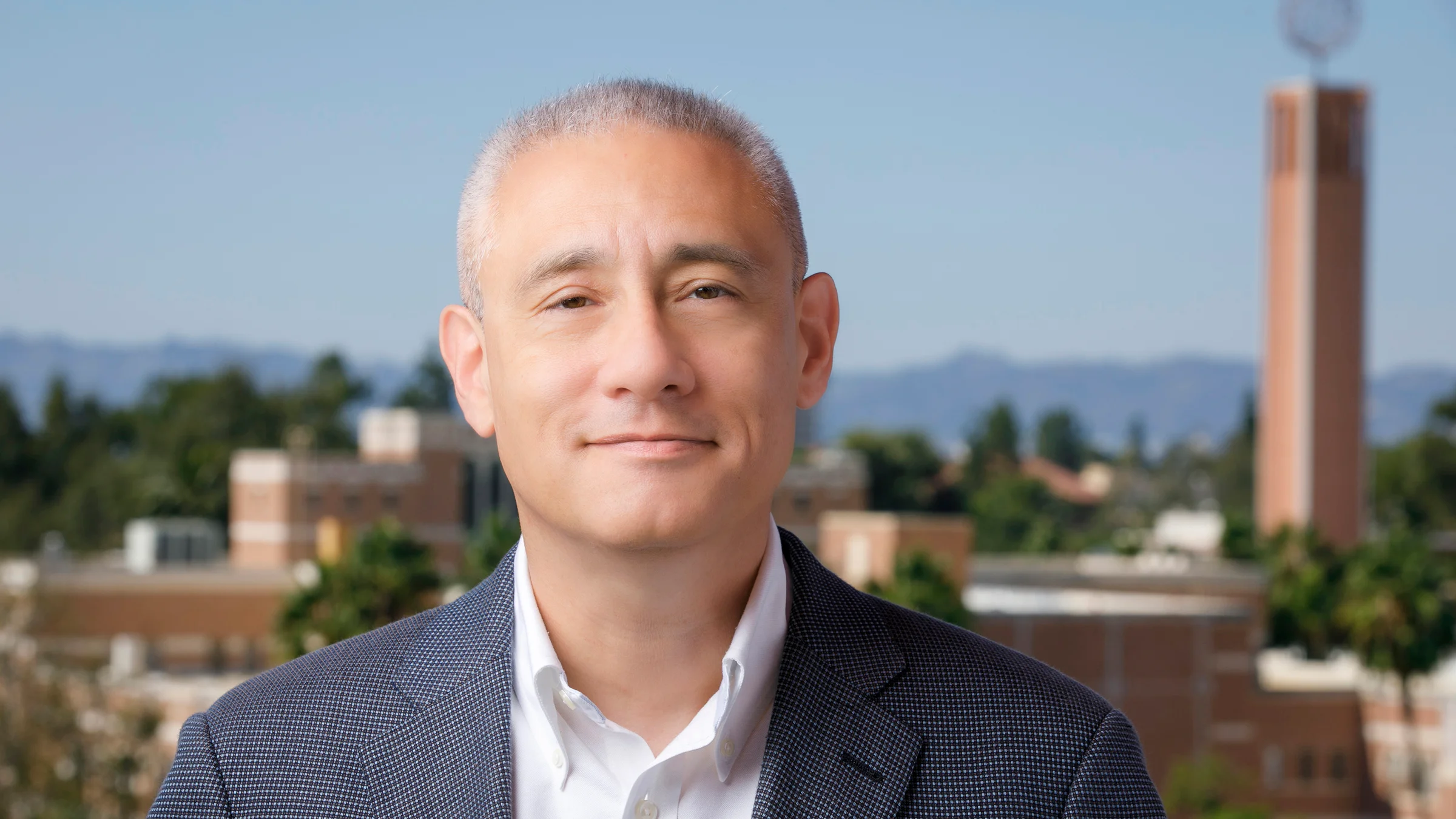
For years, Professor John Matsusaka of the USC Marshall School of Business has been asked if the United States’ democracy is under attack. Matsusaka — a professor of finance and business economics and the Charles F. Sexton Chair in American Enterprise at USC — had his theories, but he never had the data to back it up.
Now, after collecting nearly 70 years of results on ballot propositions from across the country, Matsusaka has published his findings in the Journal of Political Institutions and Political Economy. His study, “Direct Democracy Backsliding, 1955-2024,” showed that democracy backsliding — efforts by representatives to create barriers to the direct democracy process — occurs much more frequently than people think, at a rate of twice every two-year electoral cycle. His research focuses on direct democracy, where citizens play a direct role in decision making on political issues, most often through referendums and ballot propositions, rather than having their elected officials act on their behalf.
As alarming as his findings might seem, Matsusaka pointed out that it merely reflects the imperfections of democracy — and an opportunity for people to pay closer attention to their representatives’ actions. Matsusaka spoke to USC News about his research and what he’s seen as an expert and published author specializing in direct democracy.
What is direct democracy ‘backsliding’?
Matsusaka: When people talk about backsliding, they talk about chipping away, making it harder for voters to have a direct say. So, the debate that people were having is that we’ve seen democratic backsliding, in general, across various parts of the world in the last 10 or 20 years. There have been claims and questions posed in various media outlets, such as The New York Times. So, I went back 60-70 years, and I counted all of the laws related to this in the United States. I wanted to just put a number on it, like, how many instances were there of a law that chipped away? And of course, there’s the flip side: There can be democracy-enhancing laws, so I wanted to count those too.
What prompted you to research this topic?
Matsusaka: Reading the newspaper and talking to journalists. I got a lot of calls asking questions like, “In my state, the legislature is proposing to do this to make it harder to use ballot propositions. Is this normal? Is this something new?” I would get these questions all the time, and I didn’t know the answer. I had guesses, but I wanted to establish a factual record.
What is an example of a law that could enhance or chip away at direct democracy?
Matsusaka: In California, if you want to put an initiative on the ballot, you need a certain number of signatures. Well, is it a big number or a small number? Because a lot depends on that. If you make the number of required signatures big enough, like some states do, then you’re not going to have any initiatives on the ballot. If you make it low enough, then you’ll have more.
What were your core findings from researching laws related to direct democracy?
Matsusaka: There are a lot more laws that chip away than those that help — and mind you, these all come from legislatures. If somebody’s trying to chip it away, it’s our elected officials basically saying, “We want to change the process in some way to make it more difficult to use.” They can sometimes pass a law directly, but often they have to persuade the voters to approve a constitutional amendment. I counted how often this happens, and as far back as I went, legislatures were always chipping away, so that’s always been happening. I didn’t find a particular burst recently. The worst period I found was around the year 2000.
What conclusions did you reach from researching nearly 70 years of data concerning the voting behaviors of our elected officials?
Matsusaka: It’s kind of hard to know what’s genuinely alarming or gratifying, and what’s just normal business, but our elected officials don’t like the voters to have a say on their own. Every year, someone around the country is trying to restrict voters’ abilities to vote on ballot initiatives and to propose them. And it’s been going on. It’s perennial. I think this tells us something about what our elected officials think about the voters.
Is there a silver lining to your findings?
Matsusaka: There’s that famous Winston Churchill quote that essentially says that democracy is the worst form of government, except for all the other forms that have been tried. I think that’s a super important point, because when we look at democracy and we see how screwed up it is in so many different respects — and that’s correct: it fails over and over, on many different dimensions — it’s still much better than the alternatives.
